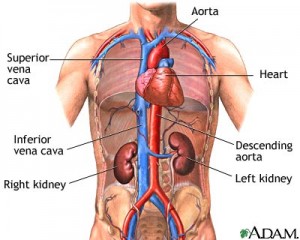I had a conversation recently with a fellow student at Chico State who is a Seventh Day Adventist. He wanted to know why it is that the LDS church (and many others) observe Sunday, the first day of the week, as the Sabbath instead of Saturday, the seventh day.
My first thought was that the ‘when’ of the Sabbath is not nearly as important as the ‘why’. We celebrate Christ, both my Seventh Day Adventist classmate and I, we just do so on different days.
In our conversation we discovered many similarities in our beliefs, we both agreed that God created the Earth in six days and rested on the seventh. (Genesis 2:2-3) And we were both well aware of the 4th of the ten commandments which refers to Sabbath Day observance, saying, “Remember the Sabbath Day, to keep it holy . . . wherefore the Lord blessed the Sabbath day, and hallowed it” (Exodus 20:8-11)
It is in the New Testament, however, that the importance of the first day of the week becomes emphasized. Mary arrived at the Garden Tomb on the first day of the week to find that Christ had been resurrected (John 20:1). Later, in Acts, Paul had the disciples gather together to take the sacrament and be instructed on the first day of the week (Acts 20:7).
As members of the Church of Jesus Christ of Latter-day Saints, we rest from our regular, daily labors one day a week. We gather together to take the sacrament and learn the teachings of Christ from the scriptures and modern prophets. We follow the example of the early disciples and commemorate Christ’s victory over sin and death every Sunday.
